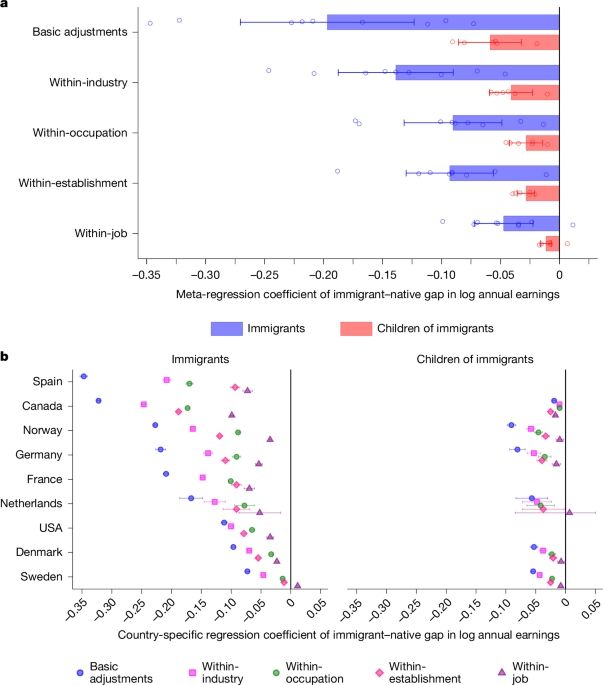Posts
Media
Videos
Starter Packs
Reposted by Are Skeie Hermansen
Reposted by Are Skeie Hermansen
Reposted by Are Skeie Hermansen
Reposted by Are Skeie Hermansen
Nature
@nature.com
· Jul 23

Immigrant–native pay gap driven by lack of access to high-paying jobs - Nature
Data from nine European and North American countries reveal that the disparity in earnings between immigrants and natives is largely a result of segregation of immigrant workers into lower-paying jobs.
go.nature.com
Reposted by Are Skeie Hermansen
IAB
@iabnews.bsky.social
· Jul 17
















